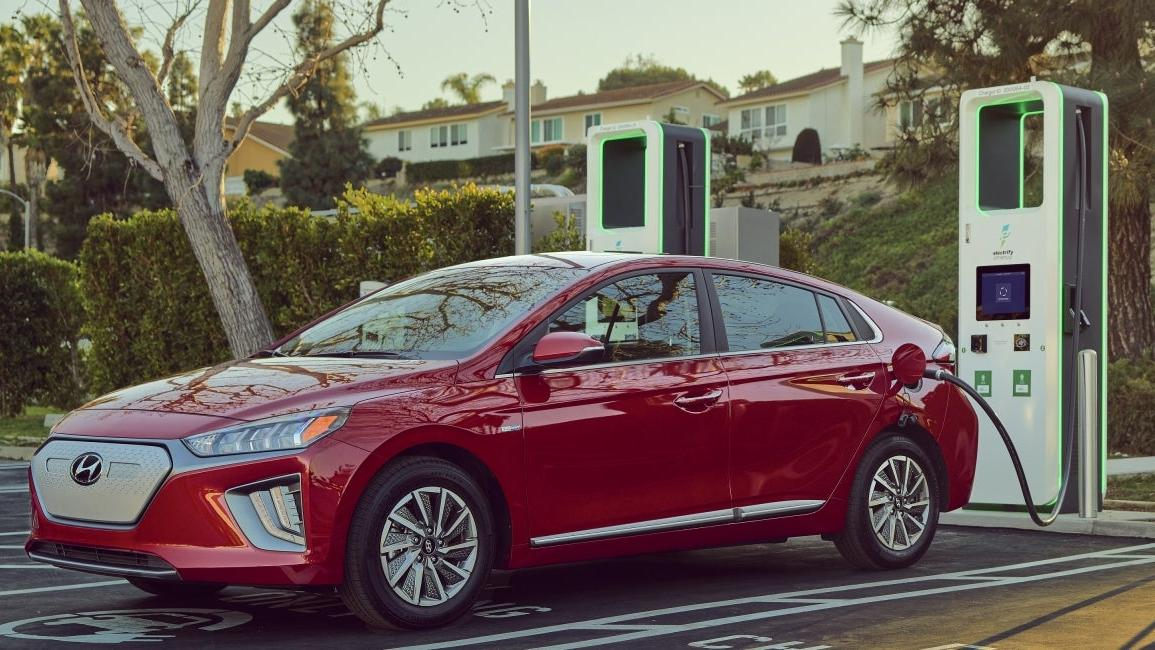Some EV Drivers Switched Back To Gas Cars After Encountering The Hassles Of Charging
Many Americans are used to a fast-paced lifestyle. Fast food, fast technology, etc. While EVs may be the new technological hotness on the automotive market, they come with a caveat: slow charging times. While you can sing the praises of the benefits of EV ownership, many people can't argue with the differences between charging and filling up an ICE car with gas. Apparently, some drivers miss that convenience, as a recent study done by UC Davis (Via Business Insider) shows one in five EV owners switched back to gas after going green. EVs, it seems, were just too much of a hassle.
The study focused on California EV owners who purchased vehicles from 2012 to 2018. Researchers found that charging was the main factor in owners giving up on EVs. Owners either lacked access to level two fast charging or they just disliked having to be bothered with charging at all. Dr. Scott Hardman, one of the researchers on the study, informed me that, of the owners that gave up on EV ownership, the type of charger they initially had when the EV was purchased was a factor in them giving up. So if someone purchased a Nissan Leaf and either never purchased a home charger or just had a standard level one charger, those factors soured their ownership experience.
EV owners who were surveyed and didn't give up ownership either went straight to level two charging at a rate of 23 percent or went from level one to level two charging at a rate of 24 percent. Another factor could be the price; these chargers range in price from $300 to $1,500 depending on features, and that's not including installation. The study found that over 70 percent of EV owners lacked access to level two charging.
The study described drivers switching back from EVs to gas cars as "discontinuance." Researchers found the rate of discontinuance was 18 percent for full-electric models and 20 percent for plug-in hybrids. Weirdly, plug-in hybrids had a few more factors that affected them discontinuance as well, such as gender. From the study:
PHEV discontinuance is also correlated with not being male, not living in a detached house, being dissatisfied with the purchase price of the PHEV but being satisfied with running costs, shorter commute distances and undertaking more long-distance trips.
So these owners liked the low running costs, the shorter commute and the longer range that comes with plug-ins, but they still got rid of their EVs? Something isn't adding up.
So what can be done about drivers giving up on EVs? Clearly the answer is charging needs to become more convenient. As it stands now, EVs are a compromise. The availability of chargers is increasing, but it sucks having to plan to stop for 30 to 45 minutes to recharge on a trip. The researchers warned that if charging isn't improved, it could hurt sales which seems like a given. Researchers also mentioned that automakers (and anyone else) should not assume that because a person purchases an EV or plugin, that's what they will own from there on out. The days of getting to an 80 percent charge in less than 10 minutes can't come soon enough.
